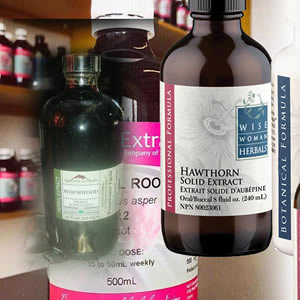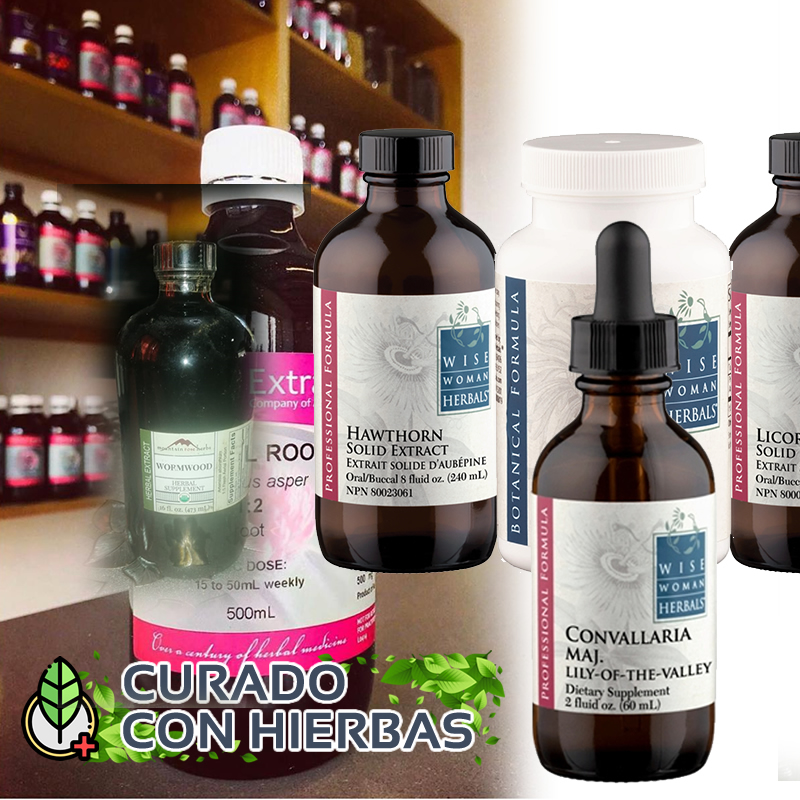Want to know more about natural menopause care?
Menopause is not a disease. It is a temporary hormonal change. You may receive hormone treatment and develop a side effect such as cancer. Taking a few well-chosen herbs in well-chosen doses, under the proper management of your doctor, can help you feel better. Excessive sweating, low sex drive, vaginal irritation, anxiety, depression, mood swings, and other symptoms quickly subside. For more information, contact Herbal Curing.
Common Herbs to Ease Menopausal Symptoms
The following herbs are some of the most commonly used remedies for menopause relief:
black cohosh
A relative of the buttercup, black cohosh (Cimicifuga racemosa) is probably the most well-known herbal remedy for treating menopausal symptoms. The root of this plant contains phytoestrogens, important plant compounds that mimic the body’s own estrogen. Extensive research studies have shown it to be safe and effective. According to the North American Menopause Society, black cohosh can be helpful in relieving hot flashes, night sweats, and vaginal dryness, although the effects are usually short-term (about six months or so). This herb has a long history of safe use, although black cohosh may cause mild gastrointestinal discomfort on rare occasions. A note of caution:
Dongquai.
This perennial root has been used as a female reproductive tonic in China, Korea, and Japan for over 1,000 years. Its root also contains phytoestrogens. Traditionally, Dong Quai (Angelica sinensis) has been used to relieve menstrual cramps and PMS. However, it is commonly found in other herbs, such as black cohosh, ginseng, and chasteberry (Vitex agnus-castus) in products that help relieve menopausal symptoms such as hot flashes. Although not common, there may be sensitivity to sunlight. Therefore, avoid direct sunlight or use sunscreen when taking dong quai.
Flax.
Many people rely on flaxseed and flaxseed oil to help relieve menopausal symptoms. Early research suggested that flaxseed was a potential treatment for hot flashes, which reportedly reduce intensity by 57 percent because they are high in estrogen-like plant chemicals called lignans. However, recent studies show that flaxseed does not significantly reduce hot flashes compared to placebo. The same applies to flaxseed oil, which is made from the extract of ground flaxseed.
Evening primrose oil.
This oil is extracted from the seeds of the evening primrose plant (Oenothera biennis) and contains an essential omega-6 fatty acid called gamma-linolenic acid. Despite the lack of solid scientific evidence, many women find that a daily dose of 300 milligrams of this botanical reduces both the severity and frequency of hot flashes and decreases breast tenderness. Side effects can include nausea and diarrhea. Evening primrose oil has also been shown to interact with some prescription medications and other herbal supplements. Ask your doctor or pharmacist before taking it.
Soy.
Some compounds in plant foods are thought to have weak estrogen-like effects, helping to relieve hot flashes and night sweats. Soy phytoestrogens (isoflavones) are found in their most complete form in foods such as tofu, soybeans, and soy milk, rather than in pill or powder form. A soy diet has also been linked to stronger bones, especially in the first 10 years after menopause, when estrogen levels decline and rapid bone loss occurs. Whether soy additives can provide the same benefits as soy foods remains to be determined. A note of caution: Animal studies have shown that soy can stimulate the growth of mammary cells.



Reviews
There are no reviews yet.